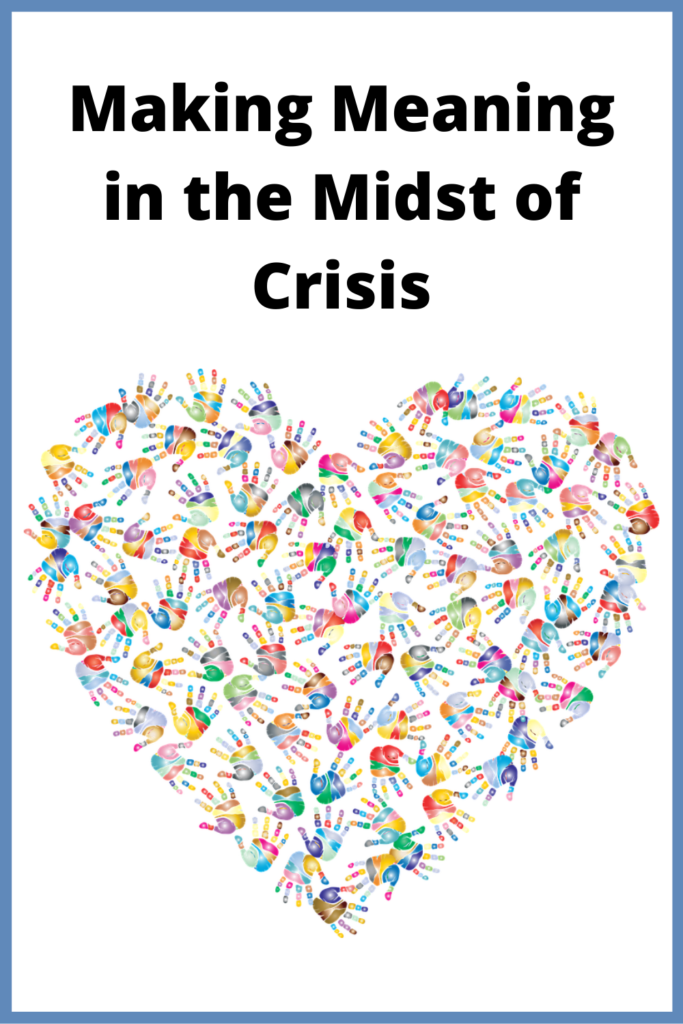
Big world events – like COVID-19 (coronavirus) and climate change – can drive us to despair. I’ve semi-seriously joked that my anxiety about climate change has at least prepared me for this outbreak. But I’ve also learned that there are a couple of ways to react to these big world events, some of which are mentally and emotionally healthier than others.
In a study by a Swedish University that I found in my book research, researchers found that teenagers reacted to climate change in three ways: “emotion-focused,” “problem-focused,” and “meaning-focused.”
The emotion-focused teens tried to avoid negative emotions and denied the problem completely. They were less stressed than the other two groups, but they also weren’t doing anything to solve it.
The problem solvers tried to fix the problem and found some relief in doing something about it. However, realizing that they weren’t going to be able to solve the problem personally, they experienced anxious and depressive feelings about it.
The teenagers who “made meaning” from the problem were the best off. They took action while also having higher life satisfaction and less negative feelings. They did things like finding hope in people who were tackling the problem and building community with people around them who were working to change systems.
In the case of COVID-19, the deniers are well, denying it. The problem solvers are stocking up to protect themselves and only themselves. They’re causing themselves and the system unnecessary stress.
But we can make meaning by modeling love in the midst of crisis.
We can explain to our kids that we’re taking precautions to protect others, including our elderly and immunocompromised relatives and neighbors. Everyone knows someone who has had cancer, a respiratory disease, or an immune issue. At the least, we all have folks around us who are older than 60. If we’re needing to cancel fun events, like vacation or days out, we can frame it as necessary but important instead of complaining about it.
We can also help others more directly. We can take care of the kids for our neighbors who have to go to work when schools are closed. We can stand up against racism connected to the outbreak when we see it or hear about it. We can donate to food banks who will be helping folks not getting paid. We can push for policies to improve health care and emergency preparedness so we’ll be better prepared next time.
Even if we have to physically isolate ourselves, we’ll get through this the best by working together. And that’s how we’ll be better prepared for all emergencies, including those created by climate change.